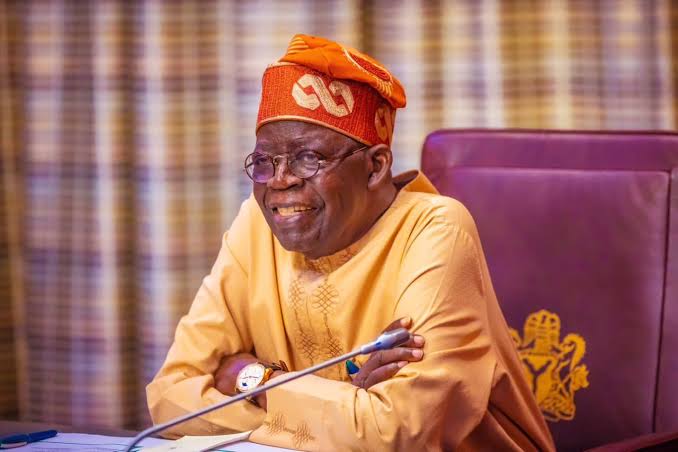Abuja, Nigeria
The Nigerian polit ical scene remains dynamic, with recent weeks witnessing significant developments in ministerial appointments, cabinet reshuffles, and the launch of new government initiatives aimed at driving the nation’s progress. These changes reflect the administration’s ongoing efforts to optimize governance and deliver on its “Renewed Hope” agenda.

Cabinet Adjustments and New Faces
While the full list of ministers has been largely stable since the last major reshuffle in October 2024, recent reports indicate subtle adjustments and renewed focus within existing portfolios. The last significant shake-up saw President Bola Tinubu reassigning several ministers, discharging some, and introducing new nominees to the cabinet. Notably, the Ministry of Niger Delta Development was renamed the Ministry of Regional Development, and new ministers for Humanitarian Affairs and Poverty Reduction, Labour & Employment, and Industry, Trade, and Investment were brought on board.
ALSO READ: https://nationscuriosity.com/breaking-us-tightens-grip-on-birth-tourism/
These changes were largely aimed at enhancing efficiency and responsiveness, particularly in addressing economic challenges and improving social welfare.
Beyond the federal level, states are also experiencing shifts. For instance, Enugu State recently saw a major cabinet reshuffle with the appointment of a new Head of Service and six commissioners, alongside the reassignment of three others. Such state-level adjustments underscore a broader effort to streamline governance across all tiers.
New Government Initiatives Taking Shape
The administration continues to roll out initiatives designed to tackle critical national issues and foster development. Key among these are:
- Renewed Hope Social Housing Programme: A cornerstone of President Tinubu’s agenda, this program aims to bridge the housing gap by making affordable housing accessible to all Nigerians. It comprises three components: Renewed Hope Housing Estates, Renewed Hope Cities, and the Social Housing Programme, which targets low-income earners. The plan includes building 100 housing units in each of the 774 local government areas.
- Digital Transformation Drive: Nigeria is making significant strides towards paperless governance. This initiative, spearheaded by the Ministry of Communications, Innovation, and Digital Economy, seeks to modernize public service delivery by transitioning ministries from manual to digital systems. The goal is to enhance efficiency, reduce costs, and leverage artificial intelligence and digital innovation for national wealth creation and improved social stability.
- Green Legacy Programme: In a commitment to environmental sustainability, the Federal Government is set to sign a Memorandum of Understanding (MoU) with a consortium for its Green Legacy Programme, focusing on extensive tree planting initiatives. This aligns with global efforts to combat climate change and promote a greener environment.
- Healthcare Sector Reforms: The commissioning of a new State-of-the-Art Oncology Center at the University of Benin Teaching Hospital (UBTH) signifies a major step in improving cancer treatment across the country. This initiative, among others, highlights the government’s focus on strengthening healthcare infrastructure and services.
These appointments, reshuffles, and new initiatives collectively paint a picture of an administration actively working to restructure and revitalize key sectors. While the impacts of these changes will unfold over time, they signal a clear intent to address pressing national concerns and steer Nigeria towards a path of renewed hope and progress.


